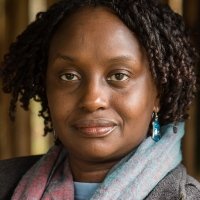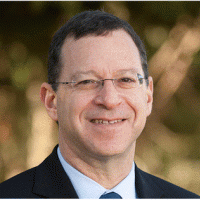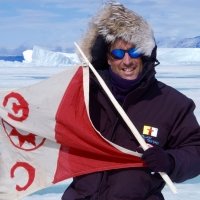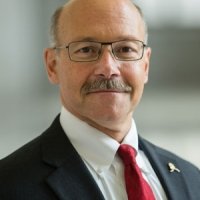Ground Truth Briefing | From the Arctic to Africa: Emerging Research on Human-to-Wildlife Transmission of COVID-19
As the world waits for the global effort to stem the spread of COVID-19 to take hold, the human toll continues to climb at an alarming rate. Behind the scenes, researchers and practitioners are working tirelessly to protect the next potential wave of COVID-19 victims—wildlife.
COVID-19 began as a coronavirus transmitted from wildlife to humans. Now research and practical steps on the ground are needed to identify the risk COVID-19 poses to wildlife, mitigate the modes of human-to-wildlife transmission, and protect the species most at risk. From marine mammals in the Arctic, including the beloved narwhal, to the endangered mountain gorillas in Uganda, there are multiple means of transmission that could place these species at risk, with cascading impacts for ecosystems and the communities that rely on them.
Please join the Wilson Center in discussion with three experts leading the charge to protect wildlife from COVID-19: Dr. Martin Nweeia, a globally-renowned expert on the narwhal; Dr. Harris Lewin, world leader in mammalian genome evolution as it relates to adaptation and speciation, and; Dr. Gladys Kalema-Zikusoka, who has for decades worked tirelessly to protect mountain gorillas and the communities that share their home.
Teleconference Information
Toll Number: 1-312-470-7179
Toll-Free Number: 800-369-2054
Passcode: 6238346
Note: due to the high volume of people using conference call systems during this time, please be patient as you try to connect to this call. If you hear a notice that the numbers do not work, please wait a few moments and simply try again. If you connect and are placed on hold while waiting for an operator, please do so. They are working to connect callers as quickly as possible. Thank you for your patience, and we look forward to continuing to engage with you!
Speakers



Moderator

US Ambassador-at-Large for Arctic Affairs; Former Chair, US Arctic Research Commission
Hosted By

Environmental Change and Security Program
The Environmental Change and Security Program (ECSP) explores the connections between environmental change, health, and population dynamics and their links to conflict, human insecurity, and foreign policy. Read more


Polar Institute
Since its inception in 2017, the Polar Institute has become a premier forum for discussion and policy analysis of Arctic and Antarctic issues, and is known in Washington, DC and elsewhere as the Arctic Public Square. The Institute holistically studies the central policy issues facing these regions—with an emphasis on Arctic governance, climate change, economic development, scientific research, security, and Indigenous communities—and communicates trusted analysis to policymakers and other stakeholders. Read more


Africa Program
The Africa Program works to address the most critical issues facing Africa and US-Africa relations, build mutually beneficial US-Africa relations, and enhance knowledge and understanding about Africa in the United States. The Program achieves its mission through in-depth research and analyses, public discussion, working groups, and briefings that bring together policymakers, practitioners, and subject matter experts to analyze and offer practical options for tackling key challenges in Africa and in US-Africa relations. Read more
